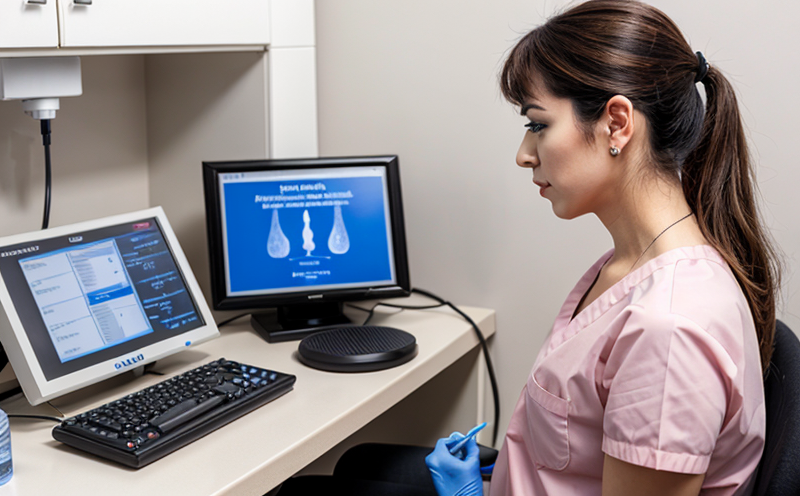Insulin Resistance Testing in Equine Veterinary Endocrinology
The assessment of insulin resistance (IR) is crucial in equine veterinary endocrinology. Insulin resistance plays a key role in the development and management of metabolic disorders, particularly in horses with laminitis. This condition affects approximately 10% to 30% of all horses worldwide, making it imperative for veterinarians and owners to understand its implications.
Insulin resistance can lead to hyperinsulinemia, which in turn exacerbates the risk of laminitis. Early detection and intervention are essential for mitigating these risks. This service offers comprehensive testing to diagnose IR in equine patients, providing critical insights into their metabolic health. Our approach integrates advanced laboratory techniques with clinical observations to ensure accurate and reliable results.
The testing process begins with a thorough review of the horse’s medical history and a physical examination. Blood samples are collected for analysis, focusing on insulin levels and glucose tolerance tests. These parameters help in identifying potential IR. Once collected, these samples undergo rigorous processing according to international standards (ISO 15189).
Our laboratory uses state-of-the-art technology such as the Hemocue Glucose Test System for accurate blood glucose measurement and a dedicated insulin resistance test kit that adheres to ISO/IEC 17025:2017. This ensures precise results, which are essential for effective treatment planning.
The primary goal of this testing service is not only to diagnose IR but also to support the development of personalized management plans tailored to each horse’s specific needs. By offering these services, we contribute significantly to enhancing equine health and welfare in the veterinary sector.
Scope and Methodology
| Parameter | Description |
|---|---|
| Blood Glucose Levels | Measured using the Hemocue Glucose Test System to assess immediate blood glucose levels. |
| Insulin Levels | Determined through a dedicated insulin resistance test kit, ensuring precision in results. |
| Glycemic Index (GI) | Calculated from the blood glucose and insulin data to evaluate carbohydrate tolerance. |
The methodology for our insulin resistance testing involves several key steps:
- Collection of venous blood samples from the horse.
- Transportation of the sample to the laboratory under controlled conditions.
- Analysis using the Hemocue Glucose Test System and dedicated insulin resistance test kit.
- Data interpretation by our experienced veterinary endocrinologists.
This comprehensive approach allows for accurate diagnosis and monitoring, which is vital in managing equine metabolic disorders effectively.
Eurolab Advantages
We pride ourselves on offering a service that stands out due to its exceptional quality and reliability. Here’s why Eurolab should be your preferred choice:
- Accurate Results: Utilizing advanced technology ensures precision in every test we perform.
- Clinical Relevance: Our tests are designed specifically for the equine population, providing insights directly relevant to their health needs.
- Rigorous Quality Assurance: Adherence to ISO/IEC 17025:2017 standards guarantees the highest level of reliability in our results.
- Comprehensive Reporting: Detailed reports are provided, offering insights into the horse’s metabolic health and potential risks.
- Patient-Centric Approach: We ensure that every test is conducted with the patient's well-being at the forefront.
- Expertise in Equine Metabolism: Our team of veterinarians specializes in equine endocrinology, providing expert interpretation and advice.
These advantages make Eurolab a leader in equine veterinary testing services, ensuring that your horses receive the best possible care.
Quality and Reliability Assurance
- We comply with ISO/IEC 17025:2017 standards to ensure our laboratory practices are robust and reliable.
- Regular calibration of all testing equipment ensures accuracy in every measurement.
- A strict quality control process is implemented, including internal audits and proficiency testing programs.
- Our staff undergo continuous training to stay abreast of the latest developments in equine endocrinology.
The commitment to quality extends beyond our laboratory practices. We ensure that every aspect of the test, from sample collection to final report generation, meets the highest standards. This dedication is reflected in the reliability and accuracy of our results, which are essential for effective management of equine metabolic health conditions.





